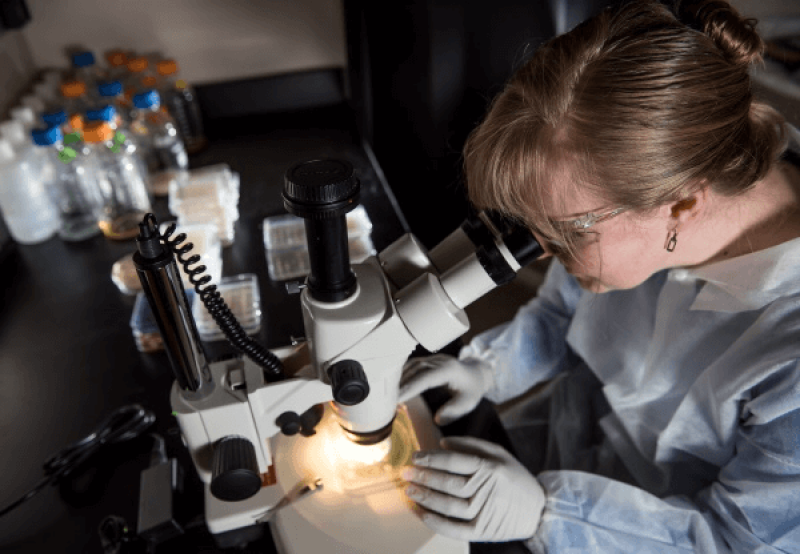Methane from cattle and livestock accounted for 37.5% of greenhouse gases in 2020. Added to this is the carbon footprint from gas and oil needed to run agricultural equipment.
Mitigating these effects requires investing in cleaner agricultural practices. Alternative products developed using methods from synthetic biology are one potential avenue worth exploring.
Synthetic biology involves reengineering cells to produce new molecules and substances. Essentially, scientists use cells as factories to manufacture products on a large scale. Today large bio-foundries produce molecules and compounds that are used in a range of industries, from healthcare to cosmetics to nutraceuticals.
Several companies in the agricultural space already harness the power of synthetic biology to make new products. For example, Pivot Bio offers a green nitrogen alternative for a fertilizer that is manufactured via fermentation. And the solid track record of synthetic biology extends from farm to table, where multiple companies have stepped up to meet the demand for foods that support plant-based diets. Companies like Impossible Foods, Beyond Meat and Gourmey all offer meat alternatives generated by synthetic biology processes. Some alternative meats have even been engineered to mimic bleeding or recreate the taste and texture of the real deal for items like foie gras to make them more appealing to a broader audience.































